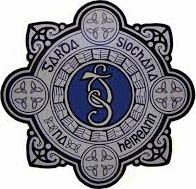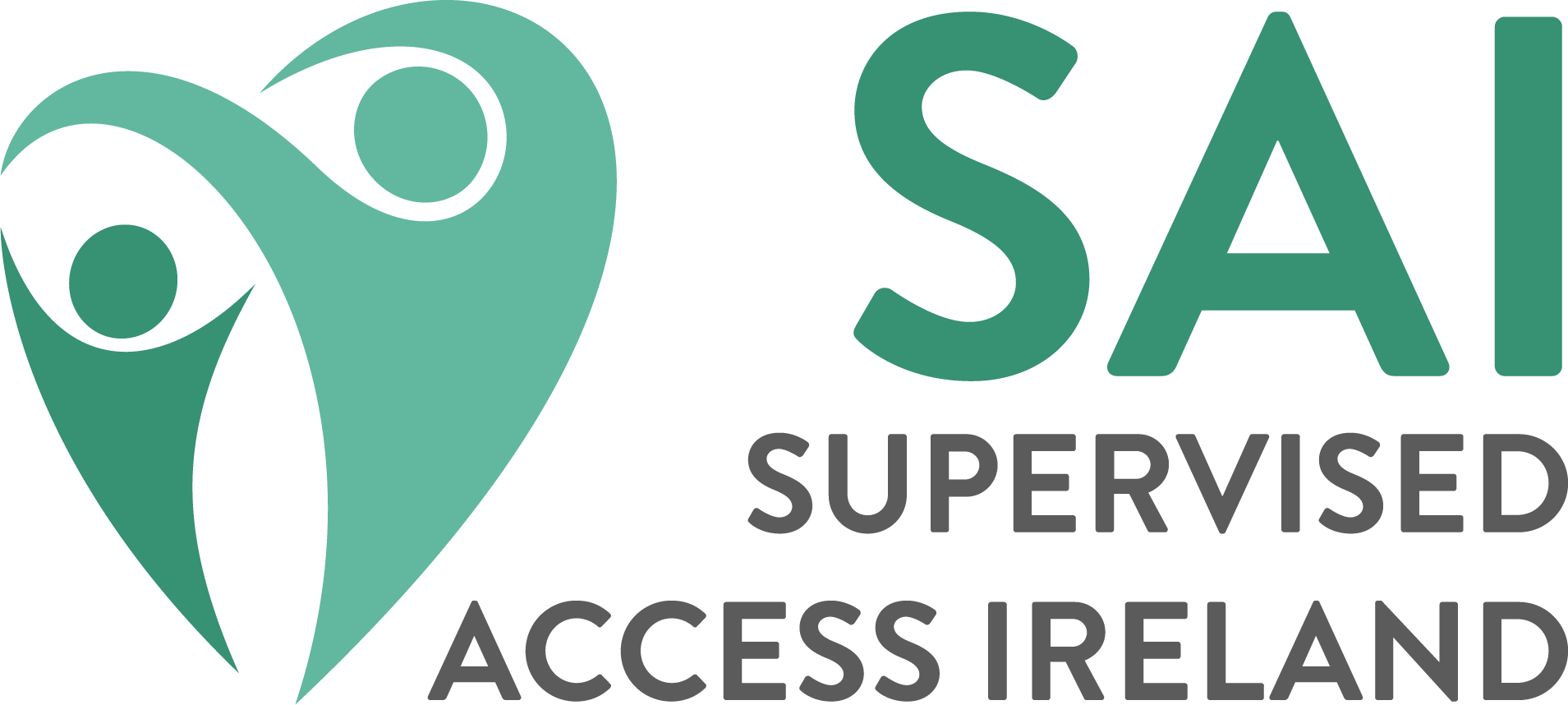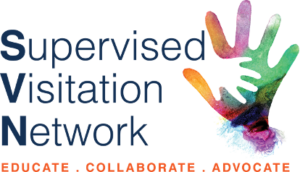info@supervisedaccessireland.com
GDPR Compliance Statement for Supervised Access Ireland (SAI)
Providing supervised access and child advocacy services across Ireland: Dublin, Cork, Limerick, Galway, Waterford, and all counties nationwide.

SAI is a member of the International Supervised Visitation Network and registered as a relevant organisation with the Garda National Vetting Bureau.
Institutional member of the AFCC which is the Association of Family and Conciliation Courts – the premier interdisciplinary and international association of professionals dedicated to the resolution of family conflict
Member of the Institute of Directors of Ireland
© 2022 Supervised Access Ireland | Privacy Statement | Terms of Service | Website by Effector
This site is protected by reCAPTCHA and the Google Privacy Policy and Terms of Service apply.




